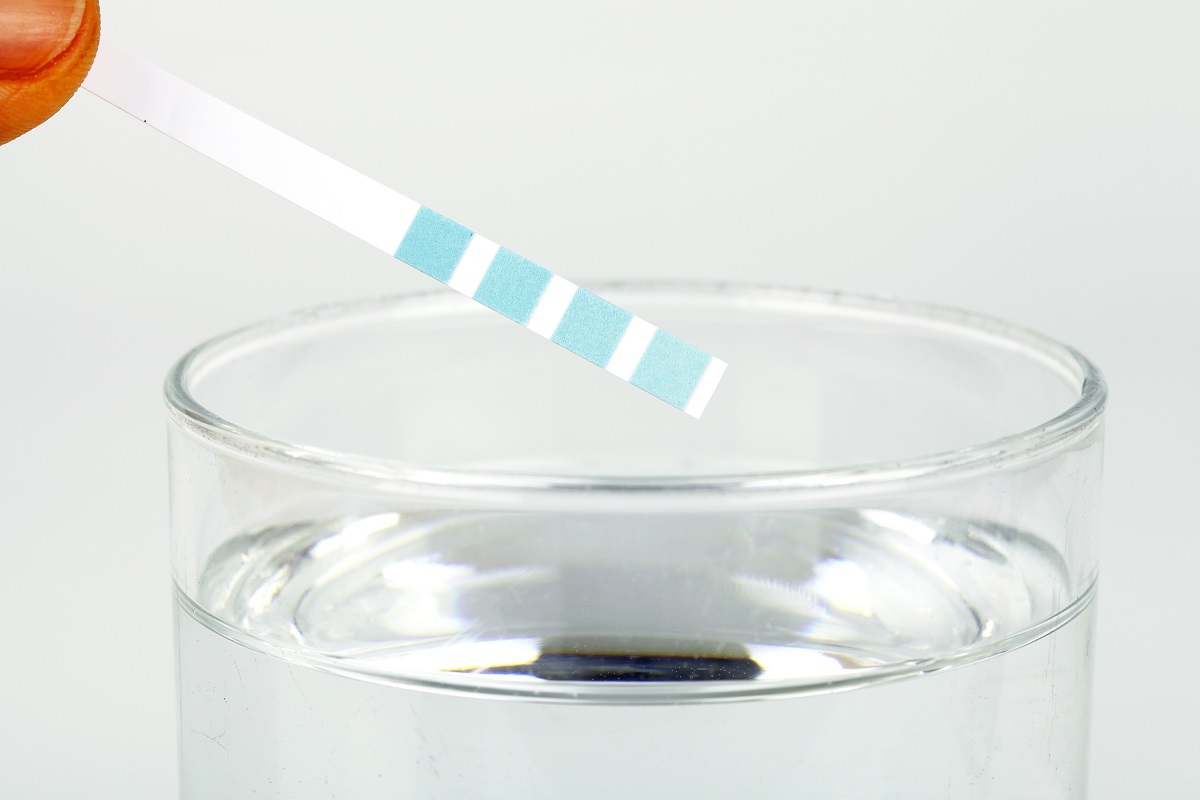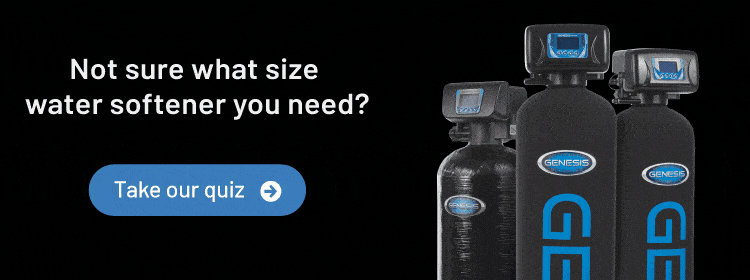The Best Water Softener For Well Water
Posted by Discount Water Softeners on Jan 14th 2021
Homes receive water from one of two places: a public water source, like a water treatment facility, or a private source, such as a well. Private sources are more common than one might think-- more than 42 million Americans get their drinking water from a well. The origin of a home’s water supply is a significant difference between rural and suburban living; rural areas often derive their water from private wells rather than from a municipal water supply system.

Well water is untreated groundwater that nearly always requires filtration and softening to make it usable for drinking, cooking, or cleaning. The water from private wells is not covered by the Safe Water Drinking Act (a law passed by congress to protect public health by regulating the nation’s public drinking water supply) and therefore often goes untested and untreated, leading to contamination.
Water treatment involves the removal of impurities that make it unsafe for human consumption. Whether the water you use in your home is derived from a surface water source or pumped from an aquifer, for the safety and health of the public, water needs to be treated before it reaches your faucet.
Where does well water come from?
Unlike municipal supplies, which originate from surface water of reservoirs, lakes, or rivers, well water draws from the sources of water beneath the Earth’s surface. This type of water supply is known as groundwater.
Groundwater includes water that flows naturally from below the Earth’s surface, to the surface, by way of springs. Some of these springs are entirely underground. Groundwater can also include water that is contained in porous materials in the ground such as silt, clay, sand, and gravel. Water collects inside these materials and into structures called aquifers.
A well is a structure created to tap into and deliver ground water to a home. The water in a well is stored in a threshold beneath the ground’s surface. Wells are positioned to access the aquifer, an underground layer of permeable rock containing water, at a depth below the surface before the water from the well is collected. A pump system is installed to carry the water from the ground and up into your home.
Because groundwater is essentially rain that has moved through the soil and into an aquifer, this water absorbs many other things before entering your home. The type of well, the geology of your soil, and the location of the well all factor into the purity of your well water. While groundwater is naturally clean, it’s by far immune from contamination.
Household chemicals, fertilizer and pesticide runoff, and debris can easily seep into a well. Unmaintained wells promote sediment and bacterial growth also, eventually finding its way into your tap water. Wells have been used for decades and are a good way to attain water in almost every region. However, untreated groundwater requires well water treatment by way of filtration and softening to make it safe for human consumption.
Differences Between Well and City Water
The Safe Drinking Water Act (SDWA) defines a public water system as one that provides piped water to at least 25 persons or 15 service connections for at least 60 days per year. Water not from a public water supply, and which serves one or only a few homes, is called a private supply. Private water supplies are, for the most part, unregulated. In contrast to city water, if you own a private well, the safety and quality of the water is the responsibility of the homeowner.
While large scale water supply systems typically rely on surface water resources, smaller water systems, like private wells, tend to use groundwater. Incredibly solvent, groundwater will dissolve organic matter, including minerals found in the soil and rocks beneath the earth’s surface. Minerals like calcium and magnesium are what make well water hard. Unless you live in a region where there is naturally less of these “hard” minerals, a home with a private well will likely need well water treatment in the form of a water softener.
Wells are a practical source of water, but the environment in which they are dug can be a disadvantage if the location contains high levels of contaminants. Well water contaminants often come from natural sources, and not humans, as you might assume. Conducting an independent water test will guide homeowners in determining water issues specific to their home’s water supply.
In addition, contaminant levels and thresholds for safe water can change over time, so homes using well water should have their wells tested periodically. Water quality of one home may be quite different from a neighbor’s depending on the bedrock surrounding a well, and the path the water travels before it reaches your well. Water erodes everything in its path; groundwater quality is continually changing over time due to its environment.
Common Water Problems
The most common water problems homeowners with well water face, are high levels of hardness, iron contamination, sulfur, and other naturally occurring elements like arsenic and nitrates. No matter the source, your home’s water can be susceptible to impurities.
Well water, because it comes from the ground instead of a dedicated reservoir, is more likely to contain a higher mineral content than city water. These minerals aren’t necessarily unhealthy, but along with iron, calcium, and magnesium, hard water minerals can cause scaling, which has been found to be directly responsible for bacterial growth in drinking water.
The ideal well water treatment is a whole home water filtration system dedicated to a household’s specific needs. The best water softener for well water makes it simple to remove pollutants and purify a home’s water. Whether your water comes from a city supply or a private well, a water treatment professional, like Discount Water Softeners, can help you discover the appropriate filtration methods for your home. Water treatment and filtration systems not only improve the taste of well water, but also keep it healthy and safe for drinking.


